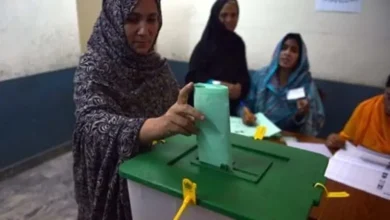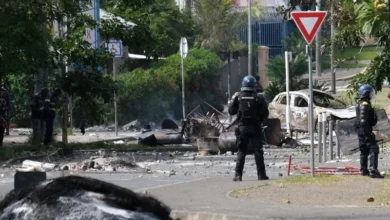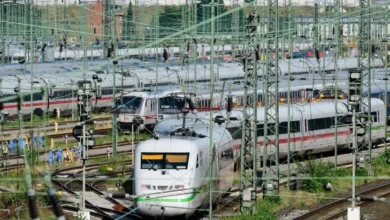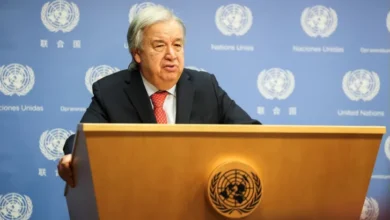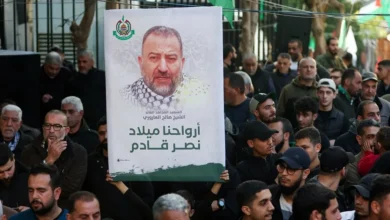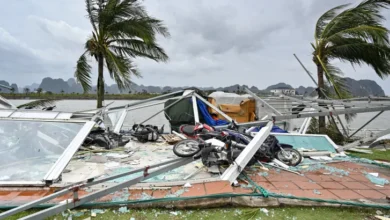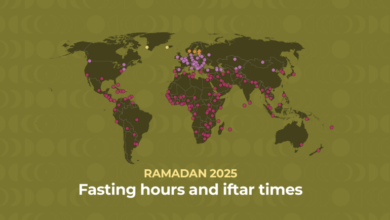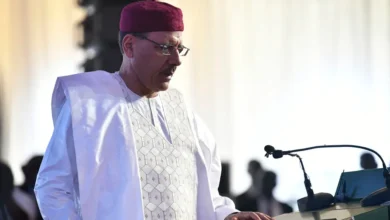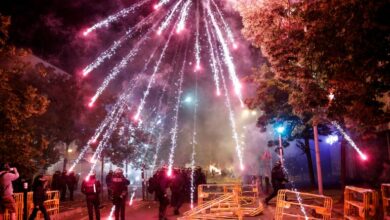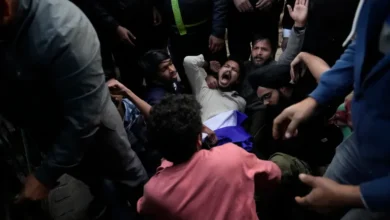Turkish presidential run-off leaves Syrians with uncertain future
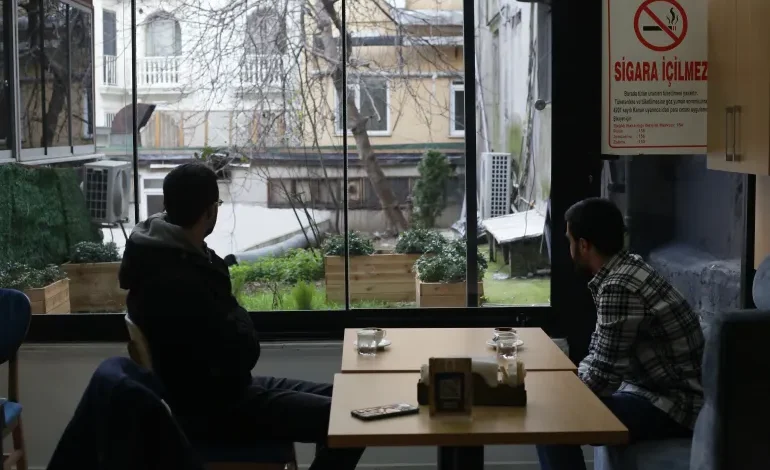
As Turks prepare to head to the polls for a presidential run-off, millions of Syrian refugees in the country are watching anxiously, uncertain about how the outcome could shape their future.
President Recep Tayyip Erdogan and opposition leader Kemal Kilicdaroglu will face off Sunday in the second round of the vote after neither secured a majority in the first on May 14. Erdogan won 49.5 percent and Kilicdaroglu 44.9 percent.Immigration has been a central issue in the elections. The campaign has seen several opposition politicians pledging to expel refugees and migrants while the government has highlighted its plans to press ahead with what it calls “voluntarily” repatriations of Syrians.
According to the United Nations, Turkey has taken in 3.7 million refugees, more than any other country in the world. In the year leading up to the polls, pressure grew on refugees and migrants, in particular Syrians, during an economic crisis with soaring inflation, a plunging lira and a deepening cost-of-living crunch.
The situation has left many Syrians in Turkey deeply worried about their future in the country.
“I don’t know what will happen after the election,” said Habib, 23, whose name has been changed to protect his identity.
“They [politicians] say they want to send all Syrians back. We all suffer from anxiety in this period,” said the man who was displaced eight years ago by Syria’s war and currently resides in Istanbul.Rising nationalism
According to the United Nations refugee agency, the vast majority of refugees in Turkey – 3.6 million – are Syrian living under “temporary protection status”. About 200,000 Syrians have been given Turkish citizenship since the Syrian war erupted in 2011, according to government figures.
While Turkey initially welcomed the refugees, provided shelter and access to education with billions of euros in European Union funding, anti-refugee sentiment has grown in recent years, and refugees have become scapegoats for Turkey’s economic troubles, which has occasionally led to violence.Muhammad Siddik Yasar, who runs the Tarlabaşı Solidarity Association, a refugee solidarity group in Istanbul, said anti-refugee sentiment sharpened in the run-up to the elections.
“Being a refugee means that you are here today, but you have no guarantee for tomorrow,” he told Al Jazeera.
“People are asking us what to do. They are afraid that racism will increase after the election. I have been working with refugees for many years, and I’ve never seen anything like this year,” he said.
